Lavrov warns of violence; Solana downplays fears
EU foreign policy chief Javier Solana believes there will be no violence in Kosovo come December 10.
Sunday, 09.12.2007.
12:56

EU foreign policy chief Javier Solana believes there will be no violence in Kosovo come December 10. "I don't expect unrest after December 10. I expect the Serbs and Kosovo Albanians will be prudent and won't risk stability in the Balkans," Solana said in an interview with Germany's Welt am Sonntag newspaper. Lavrov warns of violence; Solana downplays fears "It is clear that the future of Serbia and Kosovo lies in the European Union. That's something that both sides agree on," Solana was quoted by Reuters. A troika of EU, U.S. and Russian mediators told U.N. Secretary-General Ban Ki-moon in a report on Friday that their mission failed because neither side was willing to give way on the fundamental question of sovereignty over Kosovo, the agency says. The Troika had been given a December 10 deadline for completing its report. "We were given 120 days but if we had been given 1,200 days the outcome would have been the same," an aide quoted EU's Wolfgang Ischinger as telling Solana. Meanwhile, Russian Foreign Minister Sergei Lavrov was due to visit Cyprus on Sunday to confer with a fellow opponent of unilateral independence for Kosovo on the eve of the EU meeting. Unlike Solana, the Russian diplomacy chief fears violence is possible, Ria Novosti reports. "The implementation of this scenario [unliateral independence] could provoke further interethnic contradictions and new violence in the region." "Against the background of Kosovo developments, the situation is seen to aggravate considerably in other countries of the region, first of all, in Macedonia, Bosnia and Herzegovina. A unilateral solution will inevitably set a precedent for other similar conflicts," Lavrov said in an interview with Cypriot media. Lavrov said Moscow is especially concerned over the threat that international law as the foundation for stability of interstate relations could be undermined. Cyprus is one of "four or five" EU countries opposed to the move, Reuters says. Cyprus Foreign Minister Erato Kozakou-Markoullis told Reuters her government wanted a negotiated and agreed settlement backed by the UN Security Council. "Otherwise we risk undermining the whole UN system and its institutions, and this could create a very dangerous precedent," she said in a reference to the fear that the self-proclaimed Turkish Republic of Northern Cyprus could also gain recognition. EU leaders are expected to agree this week that efforts to reach a negotiated solution to the Kosovo problem are exhausted, and offer to take responsibility for security and justice in the province. Ischinger will brief European Union foreign ministers on Monday on the results of four months of mediation efforts and urge them to help stabilize the Balkan territory by sending in police and justice officials soon. Leaders of the 27-nation bloc are expected to declare in a statement at a summit on Friday that negotiations are over and that the future of both Serbia and Kosovo lies in the European Union, diplomats said. They are also likely to confirm they are willing to dispatch police and justice missions and appoint a high representative to oversee Kosovo if asked by the Kosovo Albanian government and the United Nations Secretary-General. A KFOR soldier escorts Serb children in Kosovo. The EU believes there will be no new violence in the province (Beta)
Lavrov warns of violence; Solana downplays fears
"It is clear that the future of Serbia and Kosovo lies in the European Union. That's something that both sides agree on," Solana was quoted by Reuters.A troika of EU, U.S. and Russian mediators told U.N. Secretary-General Ban Ki-moon in a report on Friday that their mission failed because neither side was willing to give way on the fundamental question of sovereignty over Kosovo, the agency says.
The Troika had been given a December 10 deadline for completing its report.
"We were given 120 days but if we had been given 1,200 days the outcome would have been the same," an aide quoted EU's Wolfgang Ischinger as telling Solana.
Meanwhile, Russian Foreign Minister Sergei Lavrov was due to visit Cyprus on Sunday to confer with a fellow opponent of unilateral independence for Kosovo on the eve of the EU meeting.
Unlike Solana, the Russian diplomacy chief fears violence is possible, Ria Novosti reports.
"The implementation of this scenario [unliateral independence] could provoke further interethnic contradictions and new violence in the region."
"Against the background of Kosovo developments, the situation is seen to aggravate considerably in other countries of the region, first of all, in Macedonia, Bosnia and Herzegovina. A unilateral solution will inevitably set a precedent for other similar conflicts," Lavrov said in an interview with Cypriot media.
Lavrov said Moscow is especially concerned over the threat that international law as the foundation for stability of interstate relations could be undermined.
Cyprus is one of "four or five" EU countries opposed to the move, Reuters says.
Cyprus Foreign Minister Erato Kozakou-Markoullis told Reuters her government wanted a negotiated and agreed settlement backed by the UN Security Council.
"Otherwise we risk undermining the whole UN system and its institutions, and this could create a very dangerous precedent," she said in a reference to the fear that the self-proclaimed Turkish Republic of Northern Cyprus could also gain recognition.
EU leaders are expected to agree this week that efforts to reach a negotiated solution to the Kosovo problem are exhausted, and offer to take responsibility for security and justice in the province.
Ischinger will brief European Union foreign ministers on Monday on the results of four months of mediation efforts and urge them to help stabilize the Balkan territory by sending in police and justice officials soon.
Leaders of the 27-nation bloc are expected to declare in a statement at a summit on Friday that negotiations are over and that the future of both Serbia and Kosovo lies in the European Union, diplomats said.
They are also likely to confirm they are willing to dispatch police and justice missions and appoint a high representative to oversee Kosovo if asked by the Kosovo Albanian government and the United Nations Secretary-General.










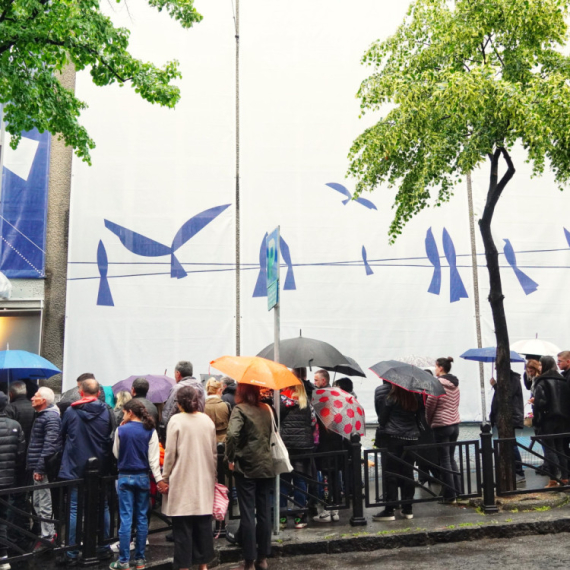



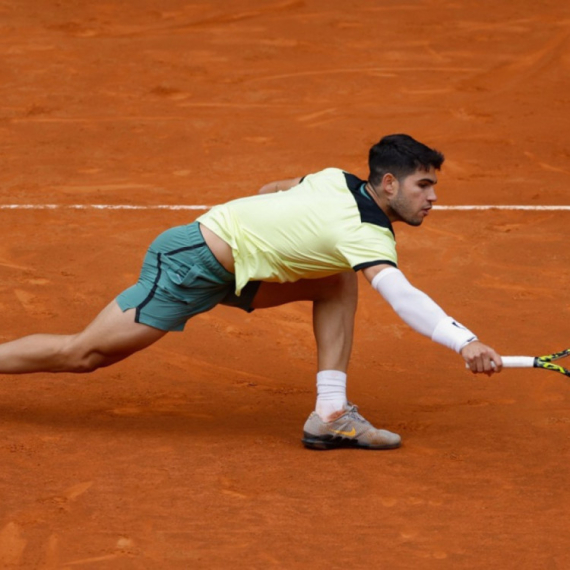

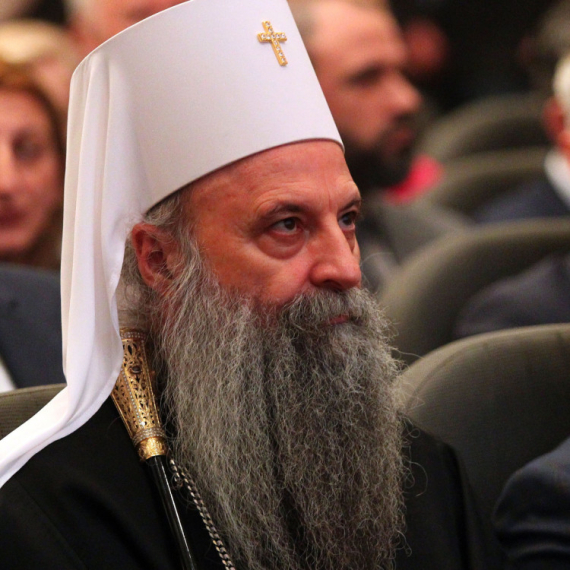

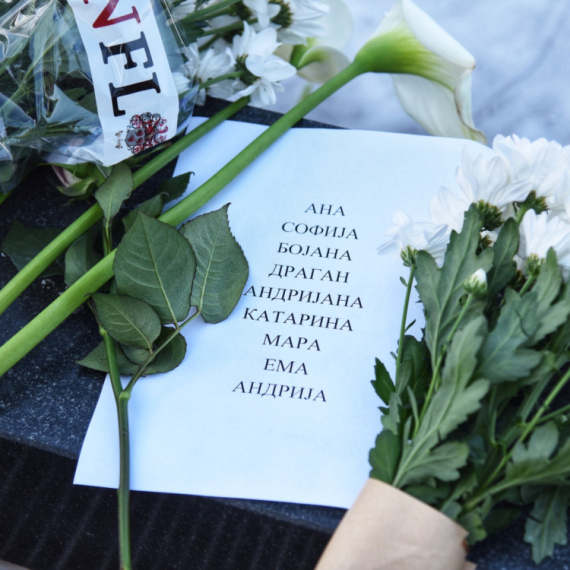

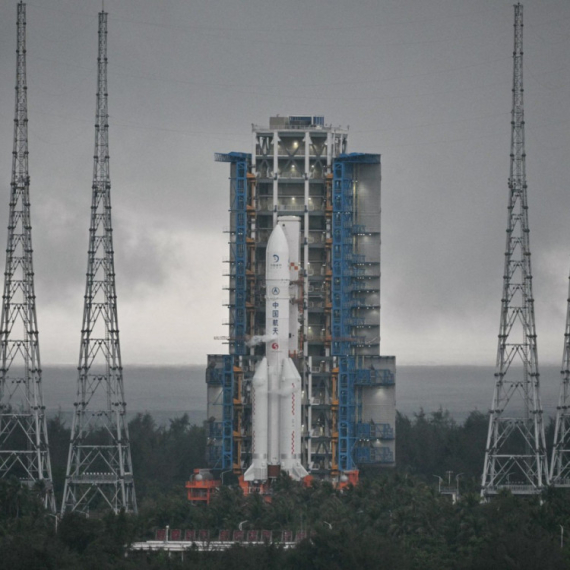










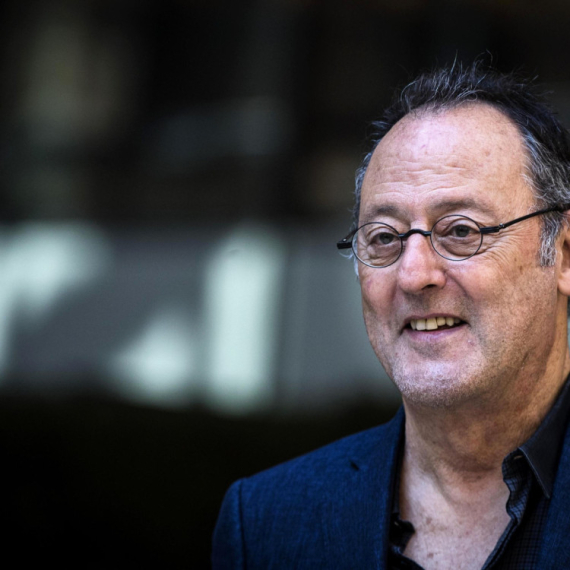

















Komentari 30
Pogledaj komentare